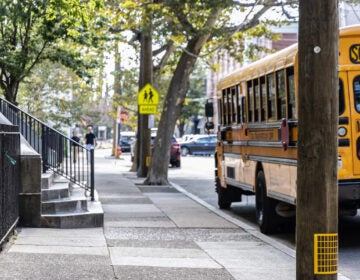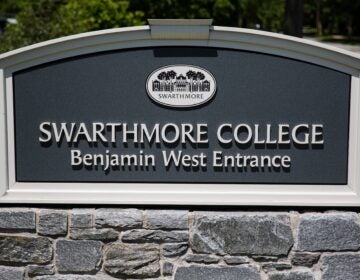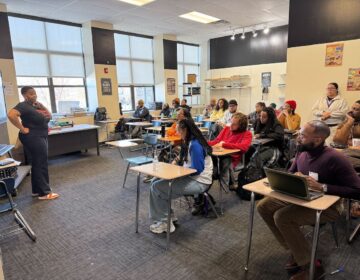Philly SRC to hear from parents about charter conversion plans
-

Hopewell Township, in Cumberland County, filed a complaint with the state Board of Public Utilities over problems with Verizon's telephone and Internet services. (Joe Hernandez/WHYY)
-

-
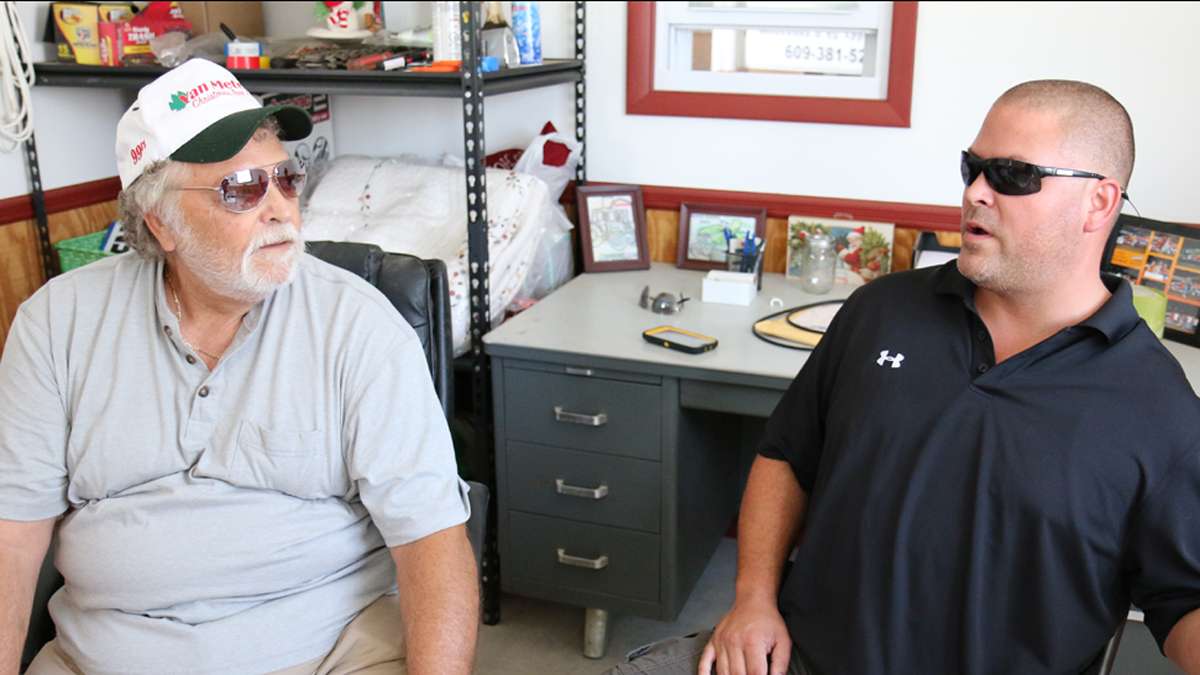
-
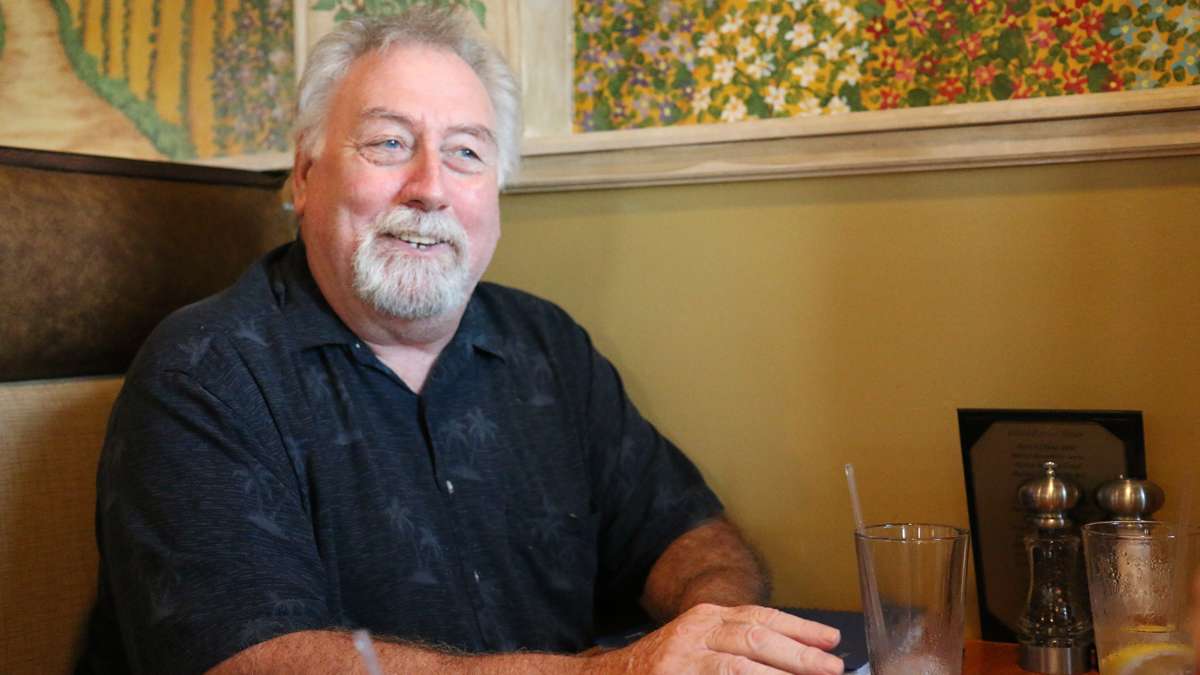
-
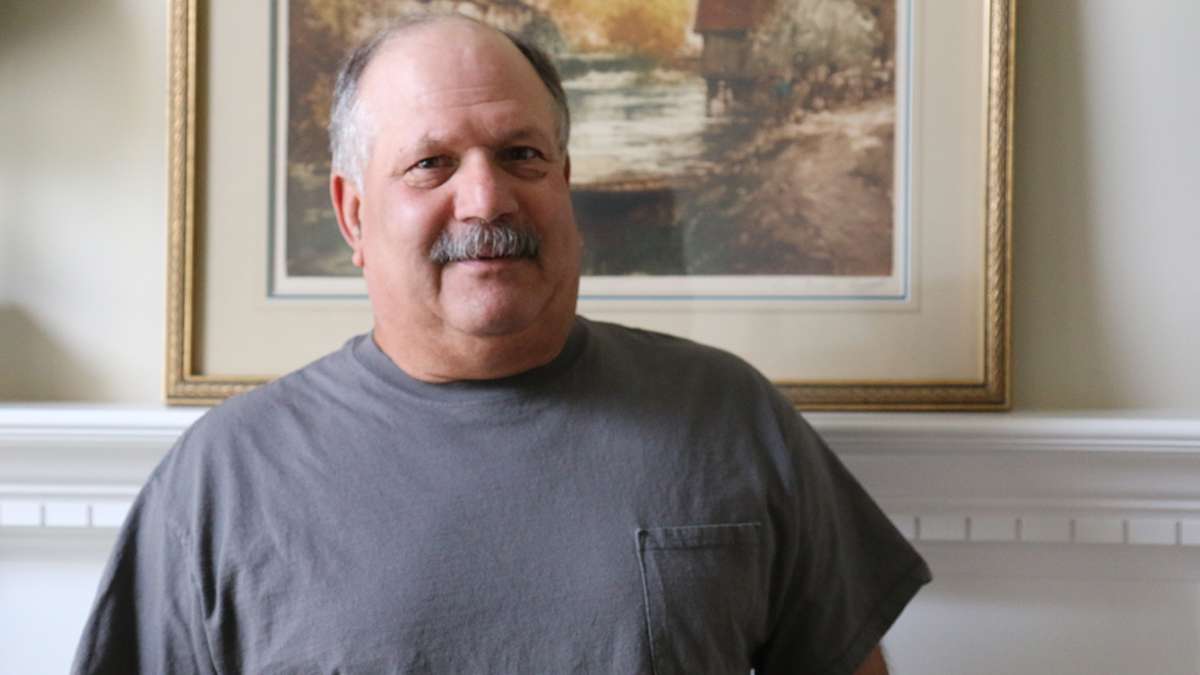
-

-
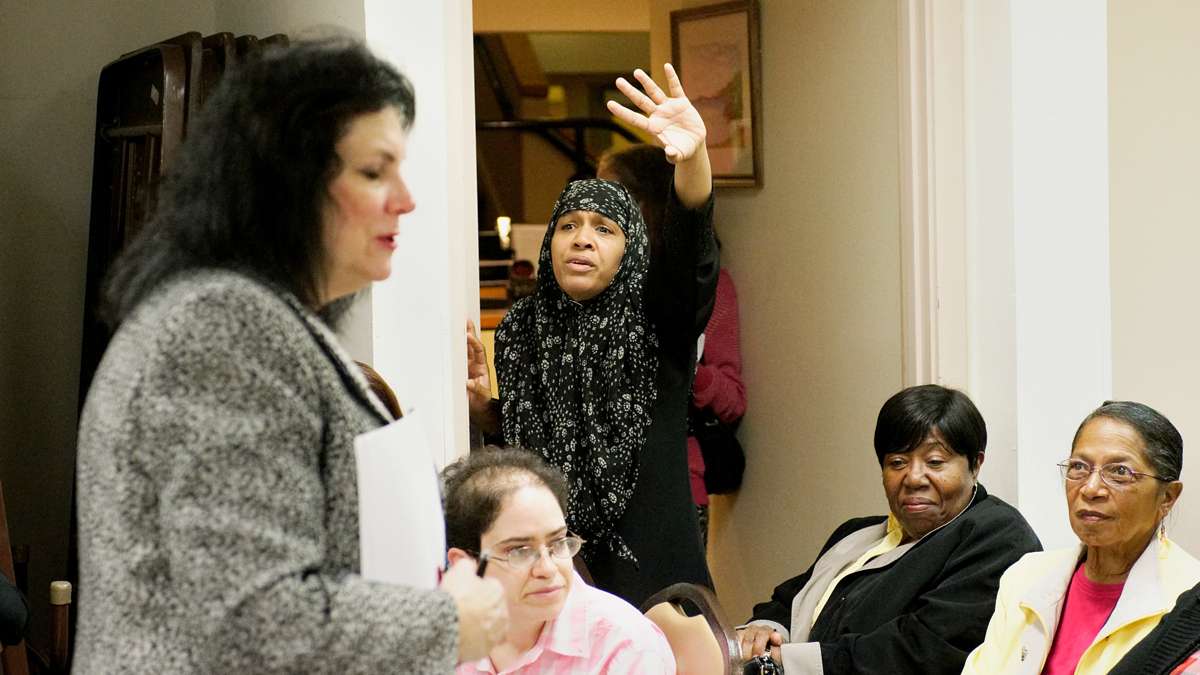
-
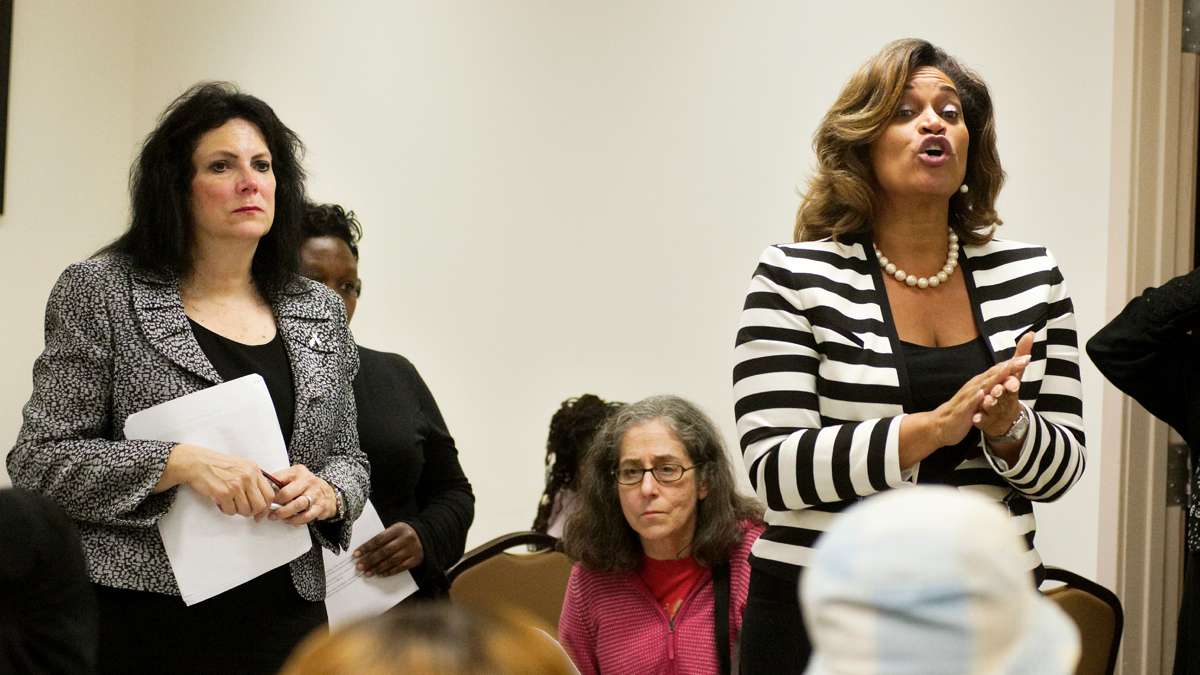
-
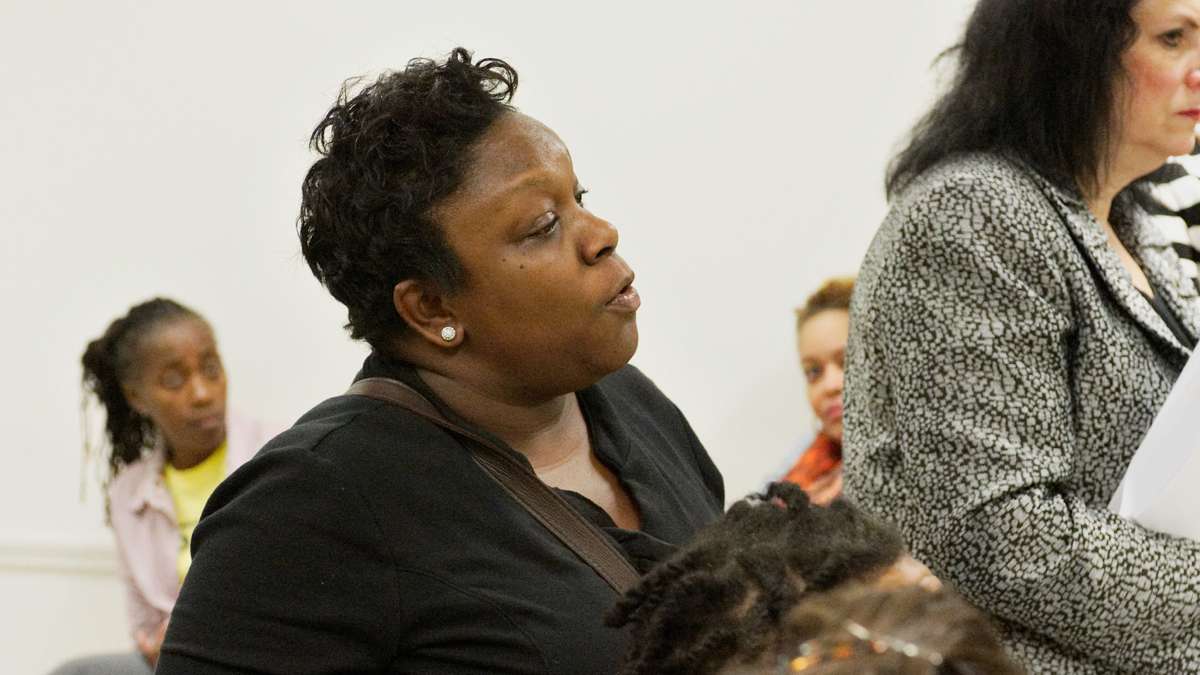
-

-
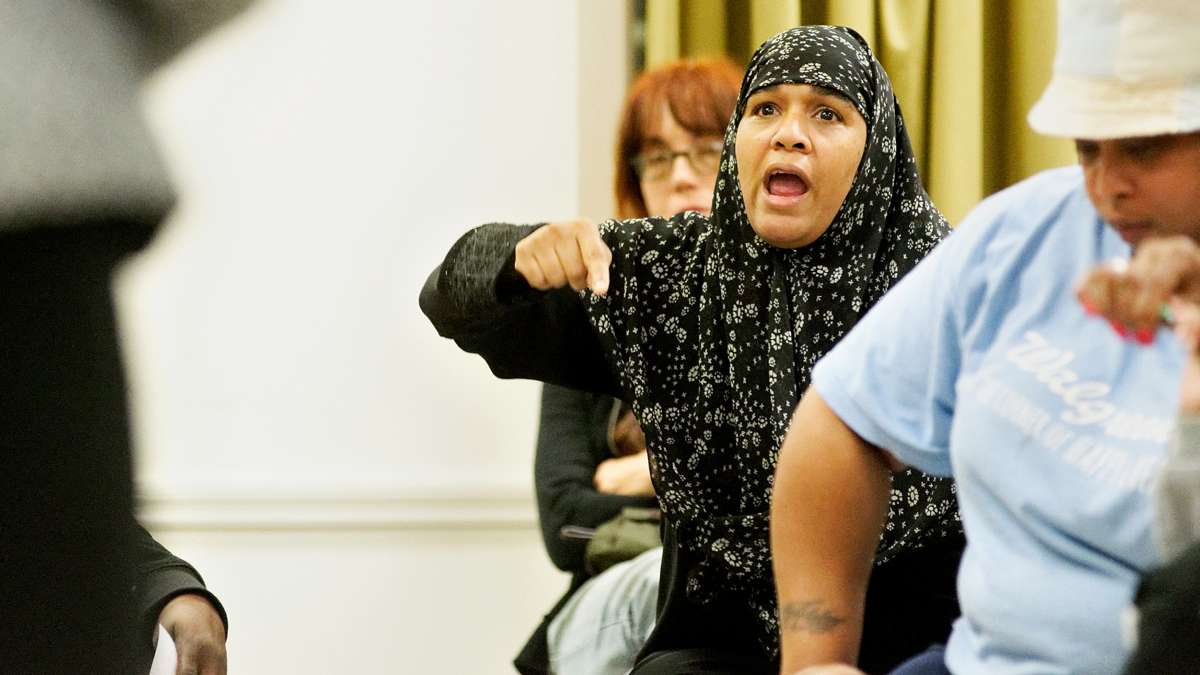
-
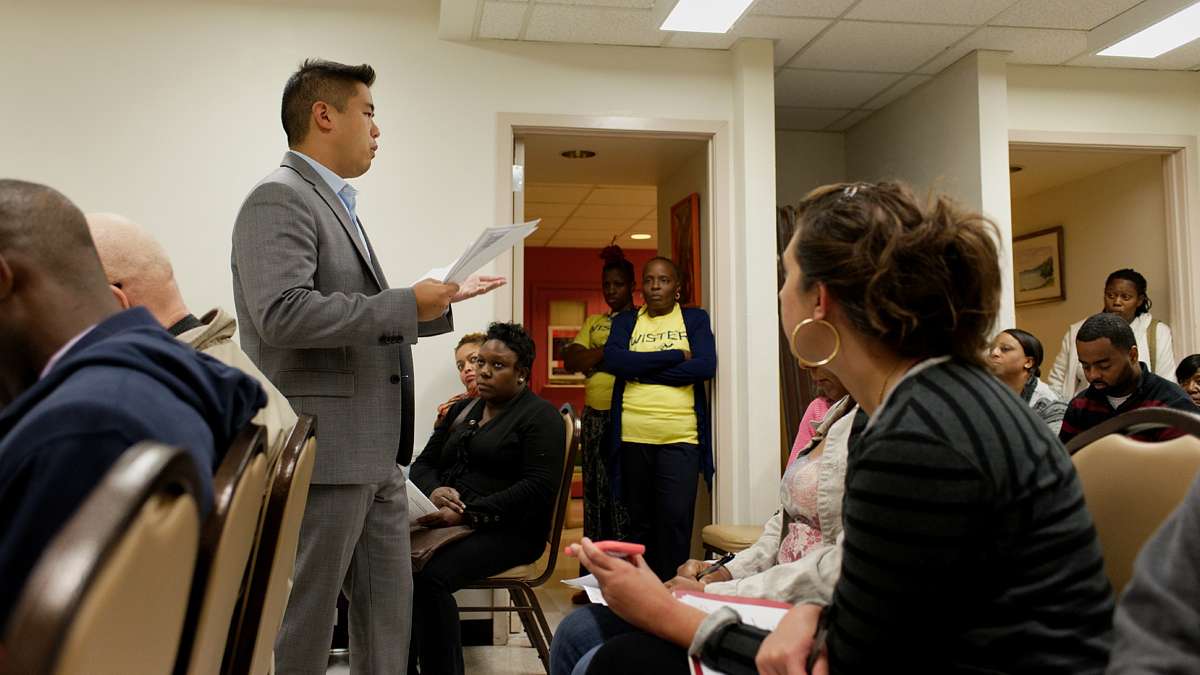
-

-
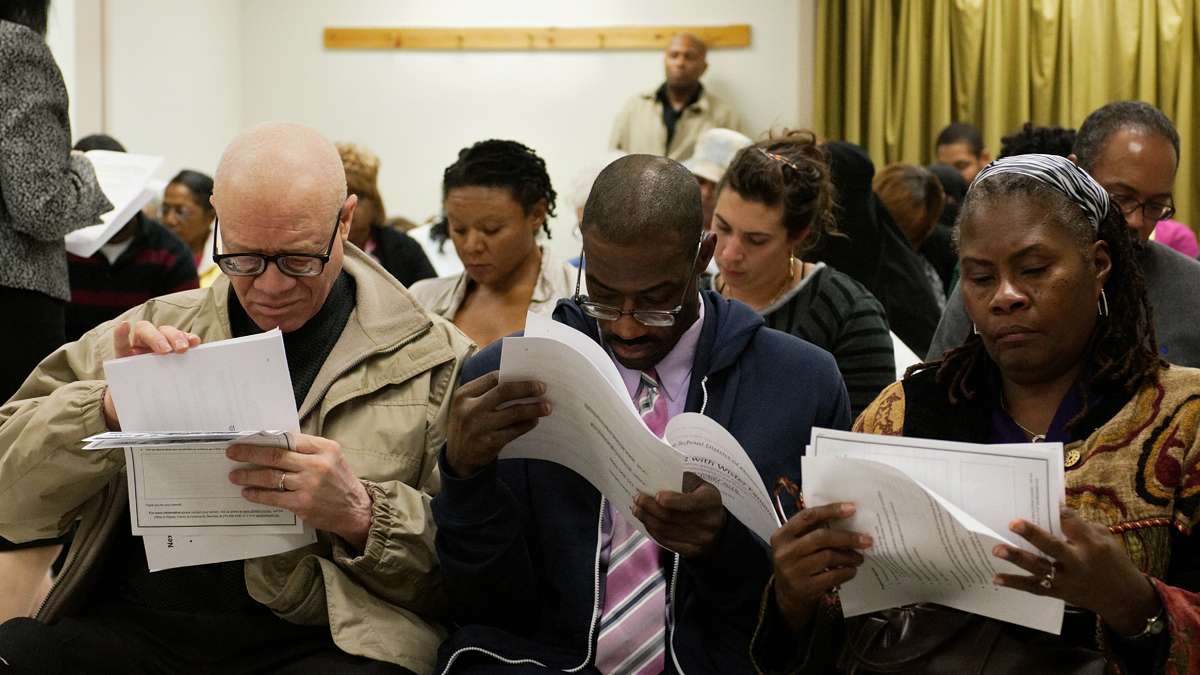
-

-
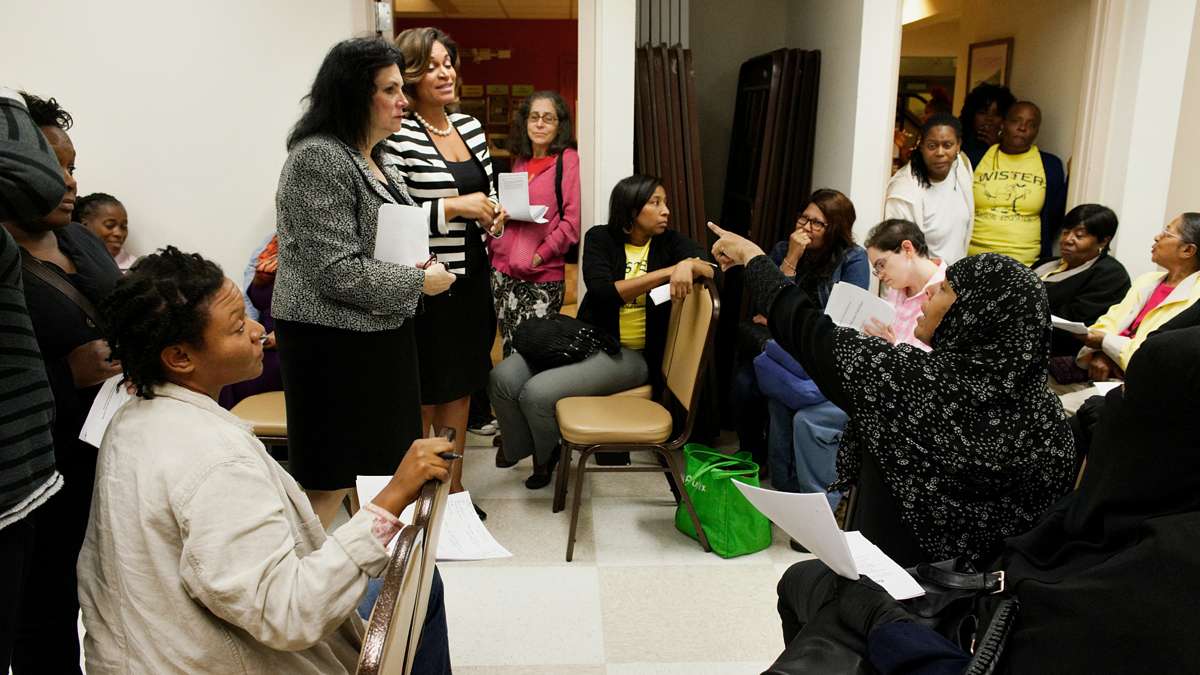
Expect a lively Thursday evening on North Broad Street.
Philadelphia parents, students, educators and advocates will have their first chance to testify on the sweeping proposals unveiled by the Philadelphia School District two weeks ago.
Superintendent William Hite has recommended a slate of moves that would affect 15 schools and 5,000 students – proposed changes that include new school openings, closings and district-led and charter conversions.
The Philadelphia School Reform Commission – which would have final say on the plans – will meet for the first time since the district’s Sept. 30 announcement Thursday evening at 5:30 p.m.
Forty-three speakers have signed up to testify – many of whom will address the district’s plan to convert three of its chronically low-performing elementary schools into neighborhood-based charter schools through the renaissance initiative.
Hite has recommended charter conversion for Jay Cooke Elementary in Logan, Samuel Huey Elementary in West Philadelphia and John Wister Elementary in Germantown.
The district has invited parents at these schools to weekly meetings to discuss the proposed changes.
At the two meetings held in each respective community thus far, district leaders have argued that the schools warrant charter conversion based on chronically low and declining standardized test scores and grade-level reading ability.
Officials have cited other factors as well, including high teacher turnover rates and the fact that many parents already decide against sending their children to their neighborhood school.
The district has been criticized for creating hurdles for parents hoping to attend the weekly meetings. Leaders decided not to hold the meetings at the schools themselves, which caused confusion because they then withheld the addresses of the respective meeting locations from the letters that were mailed to parents.
Deep distrust
Most of the parents who have attended the meetings have objected passionately to the proposed conversion, and they’ve shown a deep distrust of school district management and the charter sector writ large.
“They’re about money. The children are numbers. Public school people care. I don’t know about charter schools,” said Kenya Nation, a mother of two sons at Wister.
Like many parents, Nation has been especially critical of the district’s decision that precludes parents from voting on charter conversion.
In spring of 2014, given a democratic vote, parents at Edward T. Steel Elementary in Nicetown and Luis Muñoz-Marín Elementary in Fairhill opted to remain under district control.
Instead of putting it to a general vote in this go-round, the district has decided that five parents will be chosen to sit on an 11-member committee that will recommend to Hite its hopes for which charter operator should potentially assume control of the school.
“How do I know you’re not just going to pick what you want anyway,” Nation asked district leaders at the first Wister parents meeting.
At the first two meetings for the Cooke and Wister communities, parents repeatedly wondered why the district couldn’t make greater gains by investing more in the schools as they are.
“Somebody is going to make a profit out of this. Why couldn’t that profit go to the school that’s already there,” asked Ed Lloyd, a grandfather of two at Wister.
School leaders and teachers have rallied for this as well.
“You’re telling me what I don’t have and what I’m not doing, but you’re not providing me the resources to do what I need to do,” said Wister principal Donna Smith, who’s in her 14th year at the helm.
District leaders have refrained from engaging parents on this point in a substantive way, in part, they say, because the answer is too complicated.
In its simplest form: The potential charter would have a greater ability to put more resources in schools because it has greater flexibility with how it can spend money. The district is saddled with fixed costs — including pension, debt and infrastructure obligations — that siphon away many of its funds before they can reach classrooms.
In recent years, the state government has also weakened the district’s fiscal position by axing the funds it used to provide to cover some of the added expenses as well as the inefficiencies of running a system of school choice.
Charter schools typically have much lower fixed costs, and they can typically create even further fiscal flexibility by hiring a non-union workforce and by attracting private philanthropy.
Charters have the added boon of a state law mandating they receive the district’s average costs for special-education students. In lottery-based charters, which have been found to have a disproportionate number of students with less costly special needs, this has provided the charters a windfall while further crippling the district’s finances.
This has been less of an issue at renaissance charters, which are tasked with serving students from within neighborhood boundaries.
So even though charters receive of fraction of the district’s per-pupil rate, because of these factors, they often can stock their schools with much richer resources than the district’s offerings.
Complicating the matter further is the fact that the district will incur added costs through the proposed conversions. These are not sums that will go directly to the charters; instead, they will be absorbed by the system overall – which has been plagued by years of deep austerity budgeting.
Still, district leaders see these conversions as worthwhile investments.
In essence, district officials believe so little in the district’s own ability to substantively improve student outcomes at these schools, they are willing to incur greater costs to hand the job over to an entity they believe will do better.
All of Philadelphia’s existing 83 charter schools are operated as non-profits.
District leaders do not address these complexities with parents, and they largely attribute the pushback at the meetings to predictable patterns of human nature.
“I think a lot of it does come from the notion of change. Change is inherently a difficult thing, at least initially, to come to grips with,” said Peng Chao, a program manager in the district’s charter office. “That’s what we’ve been encountering with other renaissance initiatives, at least at the onset.”
Looking back
Many parents, though, remain unconvinced that the change will be for the better.
They fear that current specialty programming, including pre-K, will be lost in the shuffle; they recount anecdotes of negative experiences with how some charter schools discipline children and treat students with special needs; and they worry about the churn that could occur if the potential new charter operator doesn’t live up to expectations.
Despite statistics showing that most of the district’s 20 renaissance schools have improved academically and culturally, recent experience validates some of this distrust.
The district is seeking non-renewal of its contract with Universal Bluford, a renaissance charter elementary school converted in 2010.
The district was set to seek non-renewal for Young Scholars Frederick Douglass, converted in 2010, before agreeing to allow Mastery Charter Schools to take over at the beginning of this school year.
Over the summer, the management of Birney Elementary – a school near Cooke Elementary that was converted in 2011 – was quietly transferred from Mosaica to American Paradigm.
In 2014, the district lobbied for Aspira to take over operations at Muñoz-Marín. Since then, the district has chided Aspira – which runs renaissance conversions at Stetson Middle School and Olney High School – for its fiscal and management practices.
At the parent meetings during this process, the district has invited parents at existing renaissance charters to speak about their experience.
At Wister’s second meeting, one parent praised the difference that Mastery has made at nearby Pickett Elementary.
A 2013 district report found that, of all the renaissance operators, only Mastery was making and maintaining significant academic progress on state standardized tests.
Another parent, Shereda Cromwell, urged Wister parents not to waste time fighting a recommendation that she does not believe could be reversed.
As a parent of three at Kenderton Elementary, she too had been skeptical when conversion was proposed. But by the midpoint of the first year under control of Young Scholars, she saw huge benefits and began urging parents from other nearby neighborhood schools to consider renaissance conversion.
Since then, though, she’s become greatly disillusioned with the charter – a point she did not have the chance to relate to parents at the meeting.
In an interview afterward, Cromwell lamented the fact that the new school leadership recently changed again suddenly, and that many of the new teachers were quickly turned over.
She feels the culture of the school has taken a dive and feels the school now does not adequately serve the needs of her child with a special-education disability.
“Right now, if the vote were today, Young Scholars would not be at Kenderton,” she said.
Cromwell was surprised that the district even invited her to speak to Wister parents.
“We were trying to get into contact with the district about what we should do with our own situation, and it was kind of falling on deaf ears,” she said. “But once this came up, and they wanted us to come, it was like, ‘Oh, all the lines of communication are open now.”‘
District officials say they have learned much from the renaissance process over the past five years, and pledge to parents that expectations have raised.
The Philadelphia Federation of Teachers will protest the district’s charter conversion plans at a 4:30pm rally outside of district headquarters.
WHYY is your source for fact-based, in-depth journalism and information. As a nonprofit organization, we rely on financial support from readers like you. Please give today.



